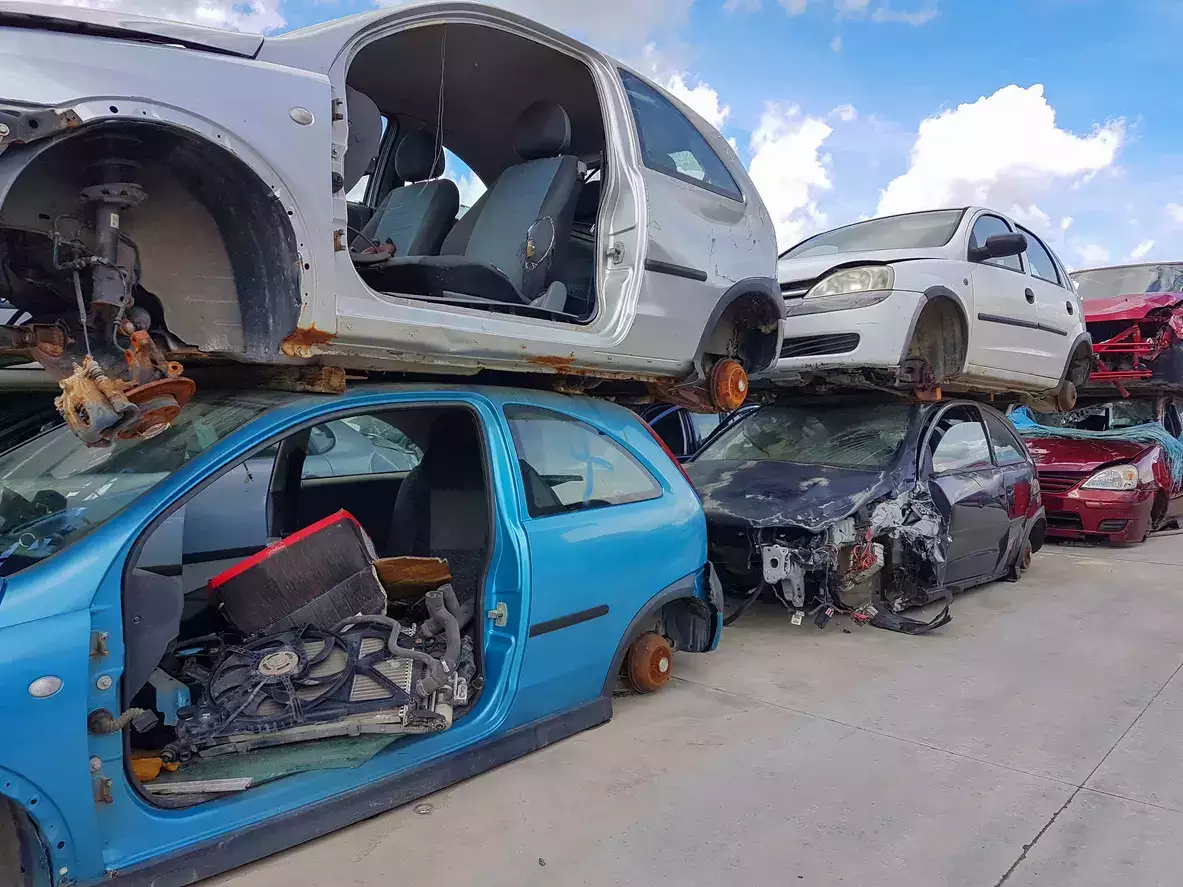
“We have given a letter of intent for 10 scrappage facilities, and the work on these centers is underway. With a total capacity of about 1.2 lakh units, these should be operational by maximum 12 months from now.” Girish Wagh, Executive Director, Tata Motors said, in a conversation with ETAuto. He was speaking on the sidelines of the 64th SIAM Annual Convention.
Wagh said that the initiative aims to “Recycle with Respect”. With 10 new centers, the total capacity for 15 of its scrappage centers goes up to about 2 lakh units. “We also had an international knowledge partner on board to get inputs and define our processes for IT and digital systems.”
In line with the Vehicle Scrapping Policy introduced in 2022, cars older than 20 years and commercial vehicles older than 15 years must be scrapped. The policy aims to support vehicle scrapping through incentives and infrastructure in the form of automated testing stations and registered vehicle scrapping facilities (RVSFs).
While the policy is yet to have a significant impact on the industry, the business of vehicle scrapping is emerging as a critical component of the automotive industry in India. Currently, there are over 60 RVSFs and over 75 automated testing stations across 17 states and union territories in the country.
Automakers like Maruti Suzuki and Mahindra & Mahindra also have vehicle scrapping facilities at multiple locations in the country.
Tata ‘Aalingana’
The vehicle scrappage initiative also fits the organisation's larger goal of circularity, which is part of the Tata Group's sustainability project. As a step towards integrating environmental sustainability into its business strategies, Tata Group launched project ‘Aalingana’, a Sanskrit word meaning 'embrace', in 2022. The Group has announced its target to become net zero greenhouse gas emissions by 2045.
In line with the Group’s goals, Wagh noted that there are three key pillars of this initiative– net zero greenhouse gas emissions, circularity, and biodiversity.
New Zero Greenhouse Gas Emissions
To achieve this, Wagh noted it is crucial to decarbonise and eliminate emissions on two levels– products and plants.
He highlighted that unlike the passenger vehicle (PV) segment, the transition to zero emission vehicles (ZEVs) for CVs will happen via alternate fuels. So the company is considering multiple fuel technologies.
“For ZEVs, we are working on three technologies– battery electric, fuel cell electric, and hydrogen internal combustion engine,” he said.
Currently, the automaker offers about 3000 electric buses and 5000 Ace light commercial vehicles (LCVs) in the market. In the heavy-duty truck segment for closed loop load applications, its vehicles are currently running on a pilot stage.
For its 5 manufacturing plants in the country, the automaker has planned to transition each of them to 100% renewable energy before the end of this decade. “This is well on track and there is a good amount of investment that is being done.”
Circularity
Before 2030, the company aims to migrate towards zero waste to landfill and net water positive. Currently, three of its five plants in the country have achieved net positivity on water.
Wagh stated that Tata is also working on material circularity and lifecycle optimisation to minimize resource extraction. Vehicle scrapping can play a big role here. “We want to ensure that we are not just compliant, but actually leading on the agenda of circularity,” he said.
Biodiversity
To conserve the habitats around its operating sites, the company claims to be aligned with scientific methods to map and set targets across its value chain. It has undertaken flagship projects for nature-based solutions beyond the value chain.
Looking at the bigger picture, Tata Group’s ‘Aalingana’ may even turn out to be a guide for India Inc businesses as the Group operates in a wide range of sectors including power, steel, metal, mining, aviation, and transportation.
Disclaimer: The copyright of this article belongs to the original author. Reposting this article is solely for the purpose of information dissemination and does not constitute any investment advice. If there is any infringement, please contact us immediately. We will make corrections or deletions as necessary. Thank you.





